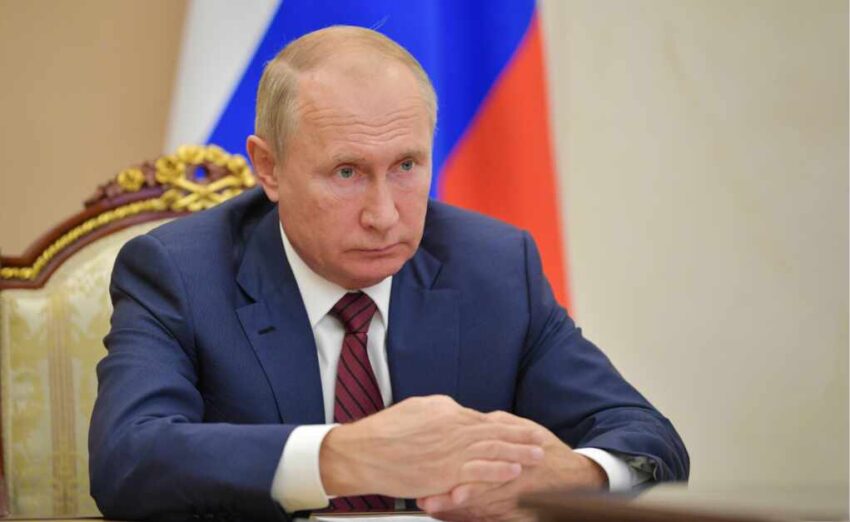U.S. President Donald Trump’s planned August 15 meeting with Russian President Vladimir Putin in Alaska is drawing strong reactions worldwide, with Ukraine warning against any peace deal negotiated without its participation.
Trump’s announcement of an Alaska summit with Putin has sparked intense political discussion. The stated aim is to negotiate an end to the war in Ukraine, potentially through a territorial exchange — a proposal that Kyiv has firmly opposed. Ukrainian officials argue that any such deal would undermine national sovereignty and violate the country’s constitution, which prohibits giving up territory.
Watch now: Trump and Putin will meet in Alaska next week, Trump says · YouTube
The talks are planned for August 15, 2025, marking one of the most direct public engagements between a former U.S. president and Russia’s leader since the start of the war. The announcement caught many European capitals by surprise and has led to urgent diplomatic discussions within NATO and the European Union.
At a Glance
- Trump confirmed a summit with Putin in Alaska to discuss ending the Ukraine war, with the possibility of territorial concessions.
- Ukrainian President Volodymyr Zelenskyy has rejected any agreement ceding territory, citing constitutional limits.
- Kyiv is lobbying European allies to oppose any peace plan negotiated without Ukraine’s consent.
- Public opinion in Ukraine remains largely against territorial compromise.
- India has voiced support for the meeting, calling it a step toward ending the conflict.
Ukraine’s Response and Diplomatic Push
Zelenskyy’s office issued a swift statement dismissing any settlement that does not include Ukraine as a negotiating party. Kyiv’s outreach to European governments aims to prevent recognition of Russian-held territories and to safeguard Ukraine’s position in any future international agreements. Officials warn that bypassing Ukraine could set a dangerous precedent for conflict resolution elsewhere.
Public opinion surveys inside Ukraine show a strong majority against ceding land, with only a small percentage open to discussing territorial compromise as part of a peace process. Ukrainian media coverage has framed the Alaska meeting as a high-risk diplomatic move with uncertain consequences for the country’s defense strategy.
Global Reactions and Strategic Calculations
International responses vary widely. While most Western allies are cautious, India has expressed optimism, calling the Alaska meeting a step toward de-escalation and reiterating its position that “this is not an era of war.” This reflects New Delhi’s broader diplomatic stance of engaging both Moscow and Western powers in pursuit of a negotiated settlement.
European governments remain divided. Some see the summit as an opportunity to test Moscow’s willingness to discuss an end to hostilities, while others worry it could weaken Ukraine’s leverage or fracture allied unity. Analysts note that the unusual venue — Alaska — offers a neutral yet symbolically significant location, underscoring both the geographical and political distance from the war zone.
The summit’s outcome may hinge on whether the discussions produce any framework that can satisfy all parties or if it becomes another instance of great-power diplomacy sidestepping those most directly affected. With Ukraine’s forces continuing to defend contested areas, the question of territory remains both a battlefield and negotiation table issue.
Sources
Click this link for the original source of this article.
Author: Editor
This content is courtesy of, and owned and copyrighted by, https://deepstatetribunal.com and its author. This content is made available by use of the public RSS feed offered by the host site and is used for educational purposes only. If you are the author or represent the host site and would like this content removed now and in the future, please contact USSANews.com using the email address in the Contact page found in the website menu.








